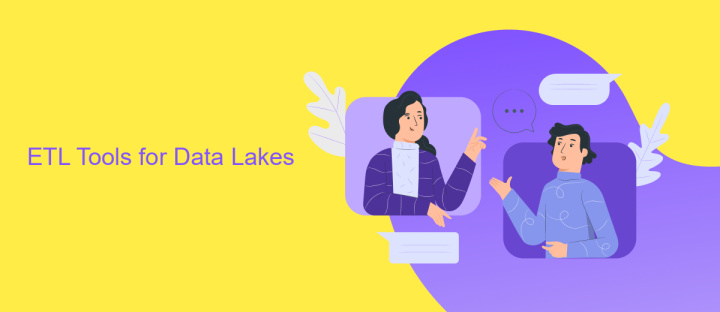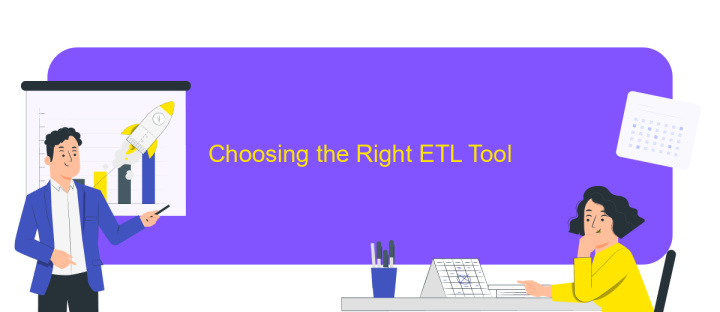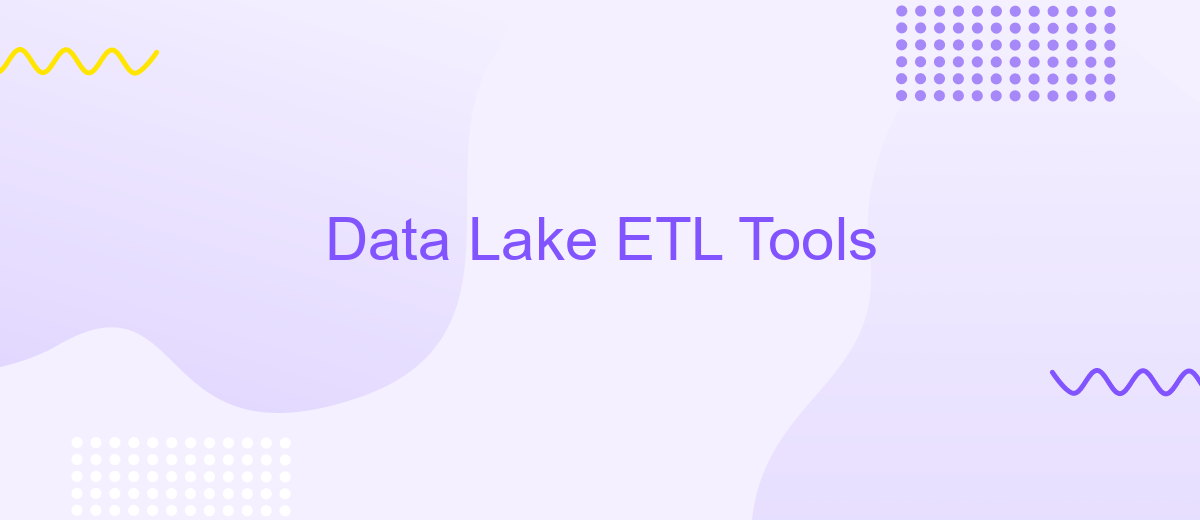Data Lake ETL Tools
Data Lake ETL (Extract, Transform, Load) tools are essential for managing and processing vast amounts of raw data from various sources. These tools streamline the data integration process, ensuring that information is efficiently transformed and loaded into data lakes for analysis and reporting. This article explores the key features, benefits, and popular options available in the market for Data Lake ETL solutions.
Introduction
Data Lake ETL tools are essential for managing and processing large volumes of data from various sources. These tools help in extracting, transforming, and loading data into data lakes, making it easier for organizations to analyze and derive insights. The importance of selecting the right ETL tools cannot be overstated, as they significantly impact the efficiency and effectiveness of data handling processes.
- Efficient data extraction from diverse sources
- Seamless data transformation and cleaning
- Reliable data loading into data lakes
- Scalability to handle growing data volumes
- Integration capabilities with other data tools and platforms
One of the services that can facilitate the integration process is ApiX-Drive. This platform allows users to automate data transfers between various applications and data lakes without requiring extensive technical expertise. By leveraging such services, organizations can streamline their ETL processes, ensuring that their data lakes are populated with accurate and timely data, ready for analysis.
ETL Tools for Data Lakes

ETL tools for data lakes play a crucial role in transforming raw data into meaningful insights. These tools extract data from various sources, transform it into a suitable format, and load it into a data lake, ensuring seamless integration and efficient data processing. Popular ETL tools like Apache NiFi, Talend, and Informatica offer robust features, including data cleansing, transformation, and real-time processing, making them ideal for handling large volumes of data and maintaining data integrity.
For organizations looking to streamline their data integration processes, services like ApiX-Drive can be invaluable. ApiX-Drive simplifies the setup of integrations by providing a user-friendly interface and support for multiple data sources. It automates the data flow between applications, reducing manual effort and minimizing errors. By leveraging such services, businesses can enhance their ETL workflows, ensuring that their data lakes are populated with accurate and up-to-date information, ultimately driving better decision-making and operational efficiency.
Choosing the Right ETL Tool

Choosing the right ETL tool for your Data Lake can significantly impact your data management efficiency. With numerous options available, it's crucial to consider several factors to make an informed decision.
- Scalability: Ensure the tool can handle your current data volume and future growth.
- Ease of Use: Opt for tools with intuitive interfaces and robust documentation.
- Integration Capabilities: Check if the tool supports seamless integration with your existing systems and third-party services like ApiX-Drive.
- Cost: Evaluate the pricing model to ensure it fits your budget without compromising on essential features.
- Support and Community: A strong support system and active community can be invaluable for troubleshooting and best practices.
By carefully considering these factors, you can select an ETL tool that not only meets your current needs but also scales with your business. Tools like ApiX-Drive can further enhance your integration capabilities, ensuring seamless data flow across various platforms.
Implementing an ETL Pipeline

Implementing an ETL pipeline involves several critical steps to ensure data is efficiently extracted, transformed, and loaded into a data lake. The process begins with identifying the data sources, which can include databases, APIs, and flat files. Once the sources are identified, the next step is to extract the data using tools that can handle different data formats and volumes.
After extraction, the data must be transformed to meet the requirements of the target data lake. This involves cleaning, normalizing, and enriching the data. Transformation can be complex, requiring the use of specialized tools and scripting languages. Finally, the transformed data is loaded into the data lake, where it can be stored and accessed for analysis.
- Identify data sources (databases, APIs, flat files)
- Extract data using ETL tools
- Transform data (cleaning, normalizing, enriching)
- Load data into the data lake
For seamless integration and automation of these steps, services like ApiX-Drive can be invaluable. ApiX-Drive simplifies the process of connecting various data sources and ensures that the data flow is consistent and reliable. By automating the extraction and loading processes, it allows teams to focus on data transformation and analysis.


Conclusion
In conclusion, Data Lake ETL tools are essential for managing and processing large volumes of data efficiently. They provide the necessary infrastructure to handle diverse data sources, ensuring that data is transformed and loaded seamlessly into data lakes. This enables organizations to make data-driven decisions with greater accuracy and speed, leveraging the full potential of their data assets.
Moreover, integrating these ETL tools with services like ApiX-Drive can further streamline the process. ApiX-Drive offers a robust platform for setting up and managing integrations, allowing for automated data transfers between various applications and systems. This not only enhances the efficiency of data workflows but also reduces the complexity involved in maintaining these integrations. By leveraging such services, businesses can ensure that their data lakes remain up-to-date and relevant, ultimately driving better business outcomes.
FAQ
What is a Data Lake ETL tool?
How does a Data Lake ETL tool differ from traditional ETL tools?
What are the key features to look for in a Data Lake ETL tool?
How can I automate ETL processes for my Data Lake?
What are common challenges when implementing a Data Lake ETL tool?
Do you want to achieve your goals in business, career and life faster and better? Do it with ApiX-Drive – a tool that will remove a significant part of the routine from workflows and free up additional time to achieve your goals. Test the capabilities of Apix-Drive for free – see for yourself the effectiveness of the tool.

